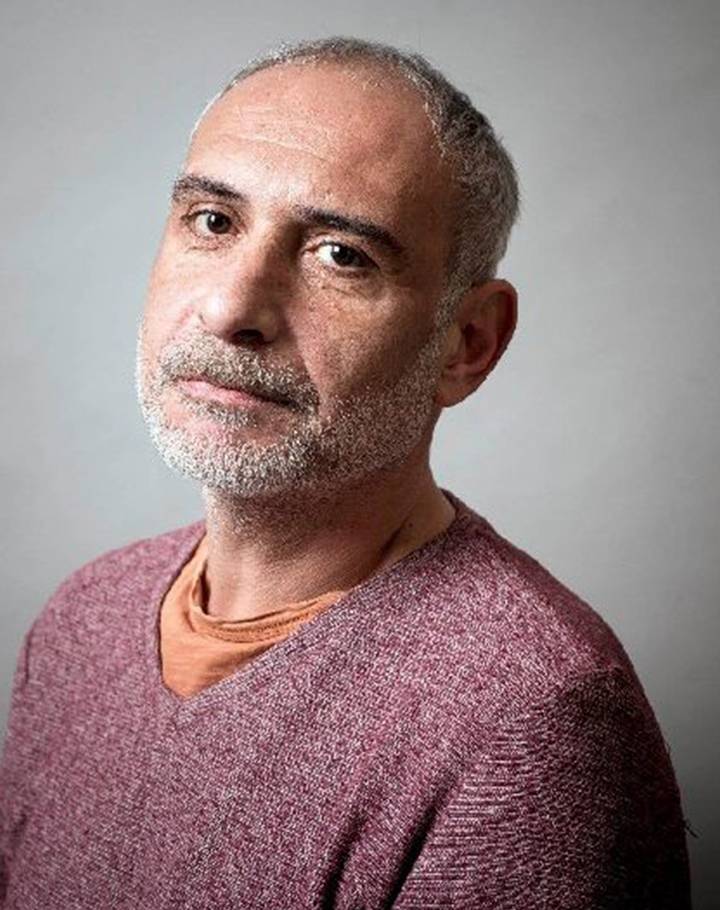საერთო ცხელი ხაზი +995 577 07 05 63


In regards to the case of Zviad Ratiani, the Personal Data Protection Inspector found the Ministry of Internal culpable of violating the law
On 11 January 2018, EMC submitted an application to the Inspector requesting an examination of the legality of the following circumstances in relation to the case of Zviad Ratiani:
The inspector's decision of February 23, 2018, found the Ministry of Internal Affairs culpable of violating the law in both instances and imposed a fine of 2,000 GEL.
Usage of private mobile phone
Concerning the use of a personal mobile phone to record the communication, the Inspector noted in the decision that Zviad Ratiani had been stopped during a special police control operation (commonly referred to as a “raid”). Therefore, the Ministry of Internal Affairs was obliged to conduct the video recording process in accordance with the rules prescribed by the Law on Police.
The decision states that “A mobile phone (including one owned by an employee) does not correspond to the technical equipment envisaged by the Law of Georgia on Police as permissible for video recording, including during special police control.” The decision further explains that the legislator imperatively determines the specific means by which video recording is to be conducted, and a mobile phone is not included among them.
Additionally, the Inspector underlined that the Ministry of Internal Affairs has no regulation in place governing the use of personal mobile phones for video recording and the subsequent safeguarding of the data.
Sharing case materials with Public Broadcaster
According to the Inspector, the Public Broadcaster has the right to air the court proceedings, however, it does not automatically confer the right to obtain materials submitted as evidence by the parties. Therefore, the Ministry of Internal Affairs was not authorized to forward the materials submitted as evidence in the proceedings to the Public Broadcaster for examination.
The decision also states that "the disclosure of video recordings containing the personal data of Zviad Ratiani, whether with or without concealing his face, cannot be regarded as a necessary and proportionate means of protecting the public interest, since the stated objective could have been achieved without processing data to such an extent (i.e., publishing the video recording), through informing the public by other means."
Accordingly, the Inspector determined that the Ministry of Internal Affairs had processed personal data unlawfully and in breach of the fundamental principles of data processing.
Response of the General Inspection
EMC also raised the matter of recording with a personal mobile phone before the General Inspection of the Ministry of Internal Affairs. The General Inspection, without engaging with the legal and factual considerations underpinning the Personal Data Protection Inspector’s decision, concluded that the conduct of the police officers did not amount to a disciplinary offence.
Moreover, the General Inspection indicated that "video or photo recording of a specific incident by a police officer using a personal mobile phone or another device is not prohibited under the law." It is evident that the reasoning of the General Inspection lacks any substantiation and is in contradiction with the principle of legality.
The General Inspection confirmed in the same communication that a number of police departments participated in the special nationwide police control operation (raid) conducted in December 2017, and some of involved departments did not possess any video recording equipment at all. It is unclear why the General Inspection fails to see a conflict with the law in this regard, given that both the Law of Georgia on Police and the order of the Minister of Internal Affairs on raids explicitly required all police officers participating in the raid to carry out video recording using body-mounted cameras.
Considering that the case of Zviad Ratiani is not an isolated incident in which the police document communication with citizens using personal mobile phones, it is important that the Inspector’s decision prompt an appropriate response from the Ministry of Internal Affairs. Thus we consider that:
The website accessibility instruction